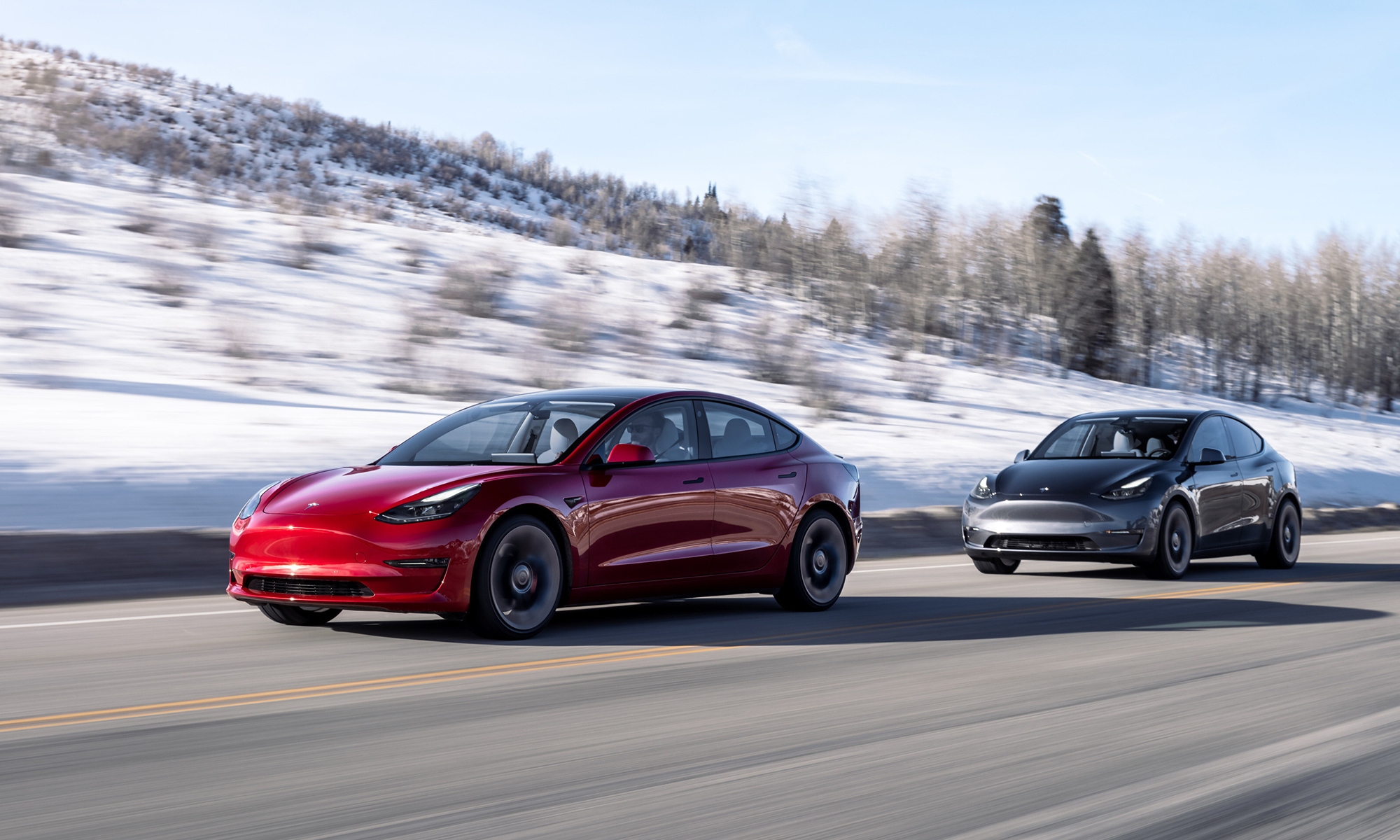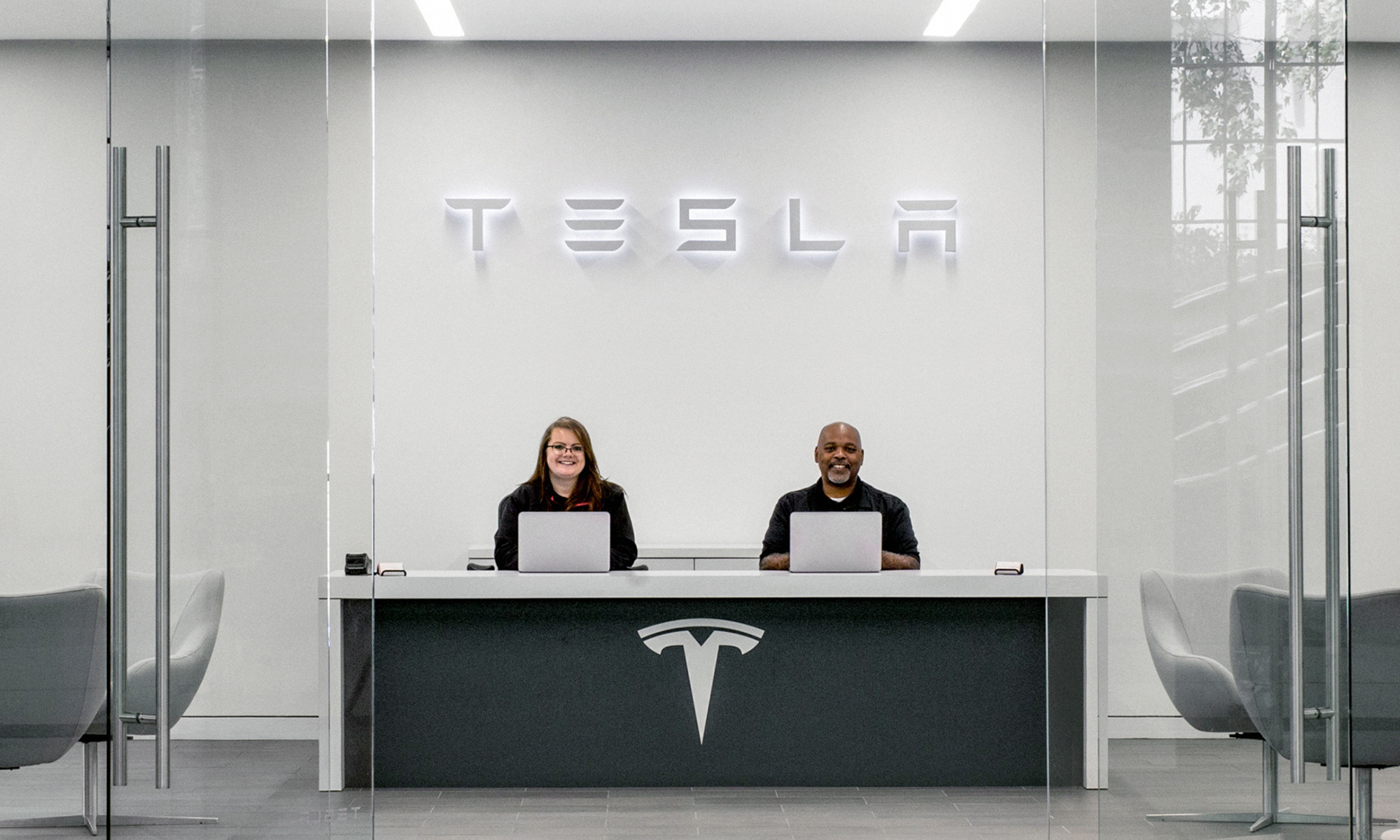News spread quickly on Tuesday that Tesla Motors (TSLA 4.14%) had issued a recall on a charging adapter for its all-electric Model S sedan. However, the action in question isn't, in fact, a recall. In a letter to the National Highway Traffic Safety Administration over the weekend, Tesla said it would issue a "voluntary recall" of its NEMA 14-50 power adapters because of a possible defect that may cause excessive heating and in some cases electrical fires.
Here's where things get interesting: Tesla says it can fix the problem with an over-the-air software update. Specifically, the update would enable the car's onboard charging system to monitor the input power and detect problematic fluctuations. If detected, the system would then automatically lower the charging current by 25%, according to the EV maker.

Therefore, as Tesla CEO Elon Musk was quick to point out today on his Twitter account, this isn't a "recall" in the traditional sense. Similar to a laptop computer, the Model S can receive software updates over a WiFi connection that improve the car's performance or, in this case, fix problems. By running an over-the-air update for the charging system, Model S drivers are able to remedy the issue without the added inconvenience of bringing their cars into a Tesla service center.
A blessing in disguise?
While no automaker wants to issue a recall, this situation could actually work to Tesla's benefit -- at least in the sense that it brings public attention to the sheer convenience of owning a Tesla. Looking ahead, more car manufacturers will likely follow Tesla's lead in offering remote servicing capabilities in future models.
In fact, Daimler is already heavily investing in a platform that would allow Mercedes drivers to "add new functions such as predictive cruise control, which lets the car drive itself in some situations-by updating the car's operating system when the technology becomes available, according to Reuters.
Not only are these remote updates convenient for drivers, but they also save automakers such as Tesla a significant amount of time and money. Following three Model S battery fires that resulted after high-speed collisions, for example, Tesla was able to issue an "over-the-air update" that increased the suspension of the car at highway speeds. Moreover, Tesla accomplished this important firmware upgrade simultaneously on thousands of Model S vehicles all over the country without ever physically recalling any cars.
This is the future. And Tesla's technological lead today gives the EV maker a valuable edge over competitors. What's more, having the ability to fix system glitches in real-time should help Tesla maintain its reputation for quality performance, despite the occasional setback.






